Whether we are being cautious, in a hurry, or just navigating our environments, slip and fall accidents happen. The Centres for Disease Control reports that slip-and-fall accidents make up over 8 million hospital visits in a year. This guide, while not a substitute for legal or medical advice, can help you figure out what to do in the short- and long-term after you’ve had an accident.
ACTION TO TAKE IMMEDIATELY AFTER SLIP AND FALL ACCIDENTS
Ensure Safety
You may or may not realize all of the injuries you have, so it’s important to check what injuries you have and get medical attention immediately. If the situation or location still presents danger, leave if you can safely do so without causing greater injury to yourself.
Seek Medical Attention
You’ll want to go to a doctor to have your injuries assessed and taken care of. Your health is crucial at this time and having supporting medical documents shortly after the accident can help fortify your claim when seeking to recover compensation. A medical provider can also catalog the full extent of your injuries, which will be a main part of your primary claim.
There are two main reasons to get medical attention immediately:
Recover with treatment tailored to you and your injury.
Prove that the injury was not from a different incident.
Report the Incident
If your accident occurred at a place of business, they may want you to fill out a slip and fall accident report for their records. Even if your trip or fall is on a sidewalk, report it to an owner or landlord. This is okay and encouraged for you to do if you are able. Be accurate but don’t embellish and do make sure you get a copy of the report. If police attend the scene, try to get a copy of their report as well. This can be helpful later if the defendant tries to claim that you did not take your accident seriously.
START DOCUMENTING
Take Photographs
If your injuries allow, document the scene exactly where you fell by taking pictures and videos. This helps to determine the cause of your fall. Even if it’s confusing and you’re not sure what you’re taking photos of, this is an important step. If someone else’s negligence caused your fall, this is critical information to support that.
Remember that your smartphone camera can take good enough pictures. Be sure to focus on wider angles.
Gather Witness Information
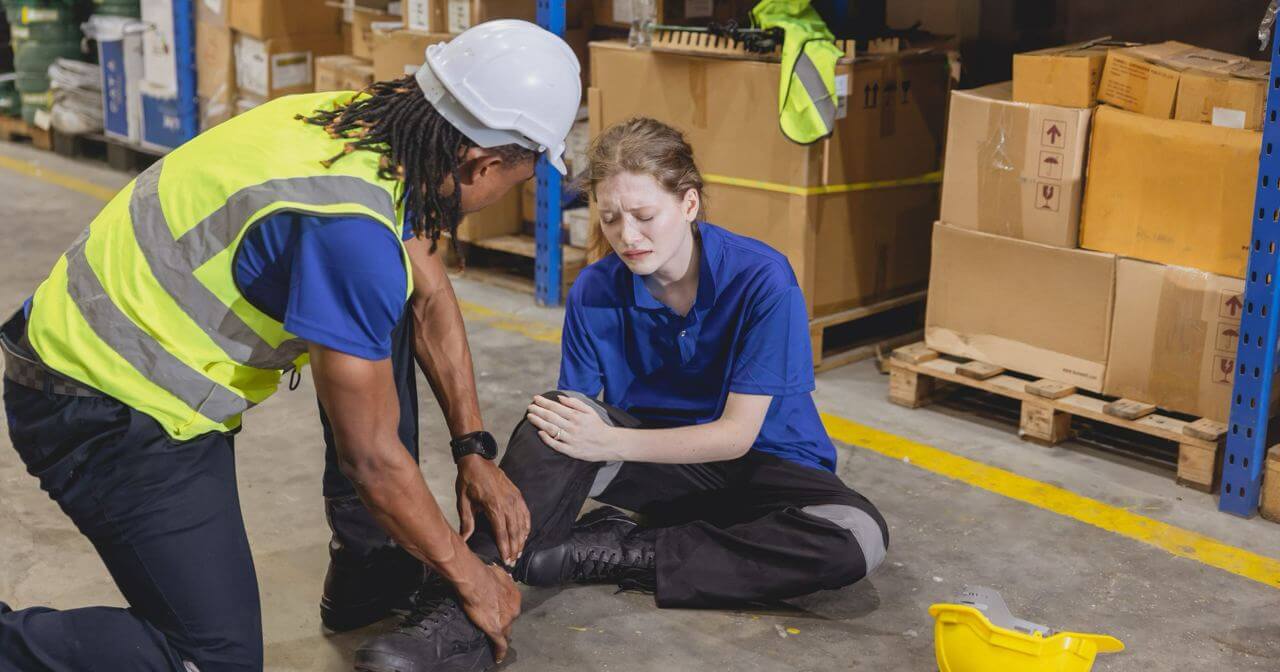
In stressful situations like a slip and fall accident, having neutral witnesses give information on what their recollection of the event was can strengthen your case. You and the business owner have different interests and their story may not match yours. Try to collect contact information from impartial witnesses and from any employees or managers who might have helped you after your slip and fall.
Take down these pieces of information:
First and last name
Phone number
Email address
Address
Keep Detailed Records
Records can help establish fault in an investigation, so it’s important to keep all of your documents in one place that is easy to access.
Things you might want in your records include:
Photographs of your injuries and their healing process
Medical records from doctor visits and any other healthcare-related documents, like physiotherapy or specialists.
A copy of the accident report at the site, if you have one.
Security footage of the accident if there is any.
Everything you were wearing, preserved from the day of the accident.
A detailed account written shortly after the accident so that the facts are preserved, as memory tends to fade over time.
CONSIDER CONTACTING A PERSONAL INJURY LAWYER
Timing
If you’re looking to get compensation for your injury, you’ll want to connect with a lawyer as soon as you’re able. Once you’ve received medical care, reaching out to an experienced law firm will help your case get started strong.
Importance of Legal Representation
It can be difficult to prove what led to a slip-and-fall accident and navigating the complex legal landscape while you’re healing can be an additional pain. Experienced representation can help you get the compensation you deserve with less stress as you focus on recovery.
Lawyers can help with:
Collecting evidence and preserving it, as well as knowing what pieces of evidence to focus on for your particular case.
Working with insurance companies, either yours or the business owner’s, as communications and negotiations with insurance can hurt or help your case.
Maximizing your compensation and ensuring that you don’t miss out on an aspect that can be taken care of for you, like medical expenses, lost wages, and pain and suffering.
Other Considerations
Understanding Liability
Premise liability laws fall under the California Civil Code §1714(a) and state that businesses have a “duty of care” to keep the premises safe for patrons and visitors. Businesses even hold this duty for trespassers as well, and must not willfully or recklessly endanger them. If they do not keep the premises reasonably safe, they can be liable for your injuries
This duty of care means that a business should:
Maintain their property, including inspecting and addressing issues
Warn if there is a hazard
Repair the hazard as soon as possible
California honors comparative fault, meaning that if you’re partially responsible for your accident, you may still receive a percentage of the damages for the amount you are not found responsible for.
Statute of Limitations
Knowing that there’s a time limit on what you’re able to claim in an injury is crucial to recovering damages for your injury. California Civil Code §335.1, you need to file a claim within 2 years of your accident. Earlier is better as getting evidence and contacting witnesses will be easier closer to the accident than even a few months later.
Avoiding Common Mistakes
To ensure that you get fair compensation for your injuries, you’ll want to consider the advice below:
Don’t give statements to business owners or insurance companies without legal representation
Don’t wait too long to act in documenting or reaching out to a lawyer
Save everything you can related to the accident, including your clothes, medical bills and witness information
Do not take blame or blame others in the aftermath, as this can hurt your case
Don’t be inconsistent with your recollection of the accident
Do follow medical advice and document your treatment, failing to do so might be seen as you not taking recovery seriously
Case Example
A woman in California slipped in a grocery store in 2014. Her injuries left her with permanent spinal damage and chronic pain. There was evidence that the store was aware of the hazard but had not acted quickly enough to fix it or post signage about the hazard in the interim.
Documenting injuries and getting experienced legal representation helped this woman get $15 million for her case.
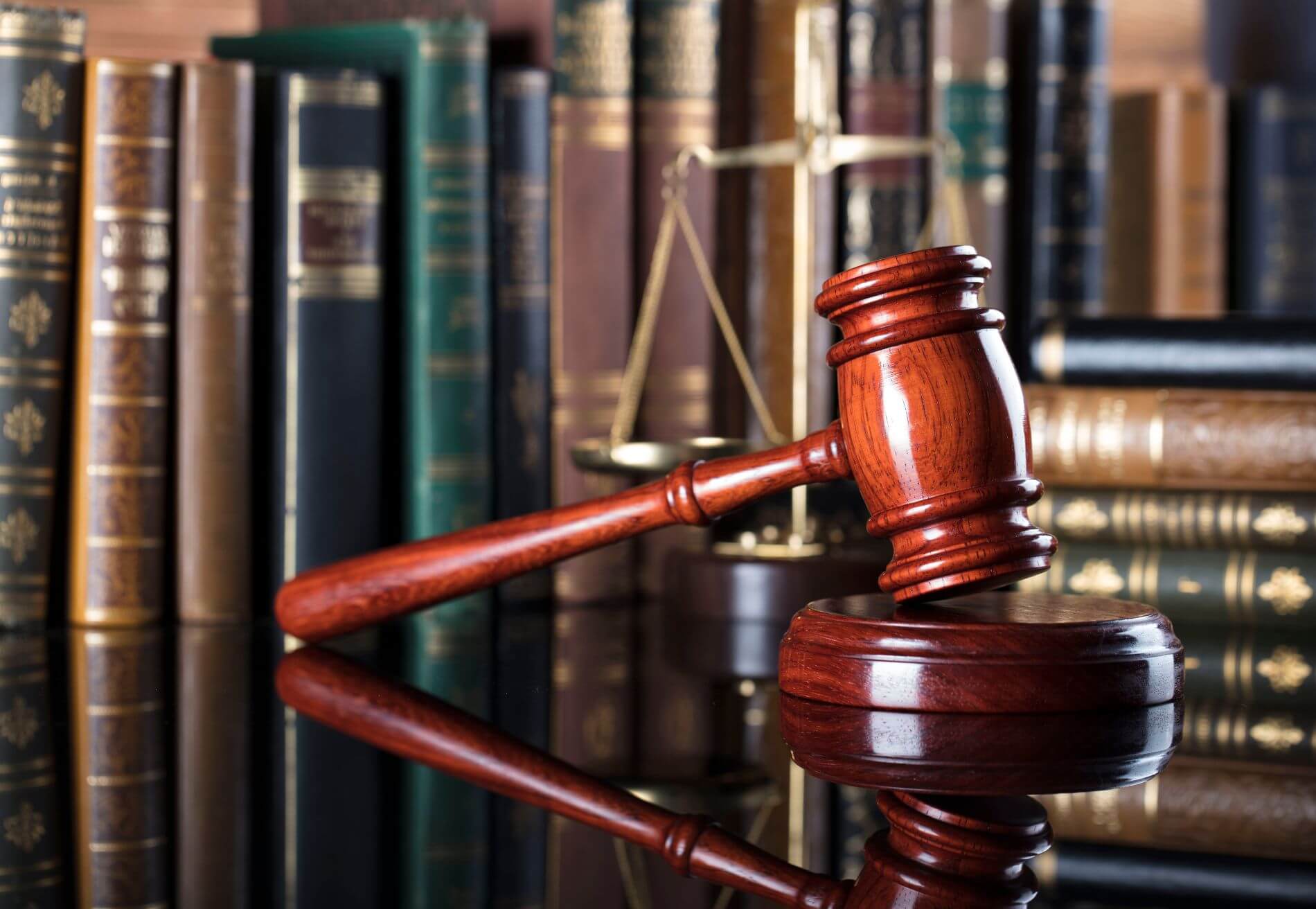
How Personal Injury Cases Protect the Community
When most people think of personal injury cases, they picture an individual seeking compensation for medical bills, lost wages, or pain and suffering. read more
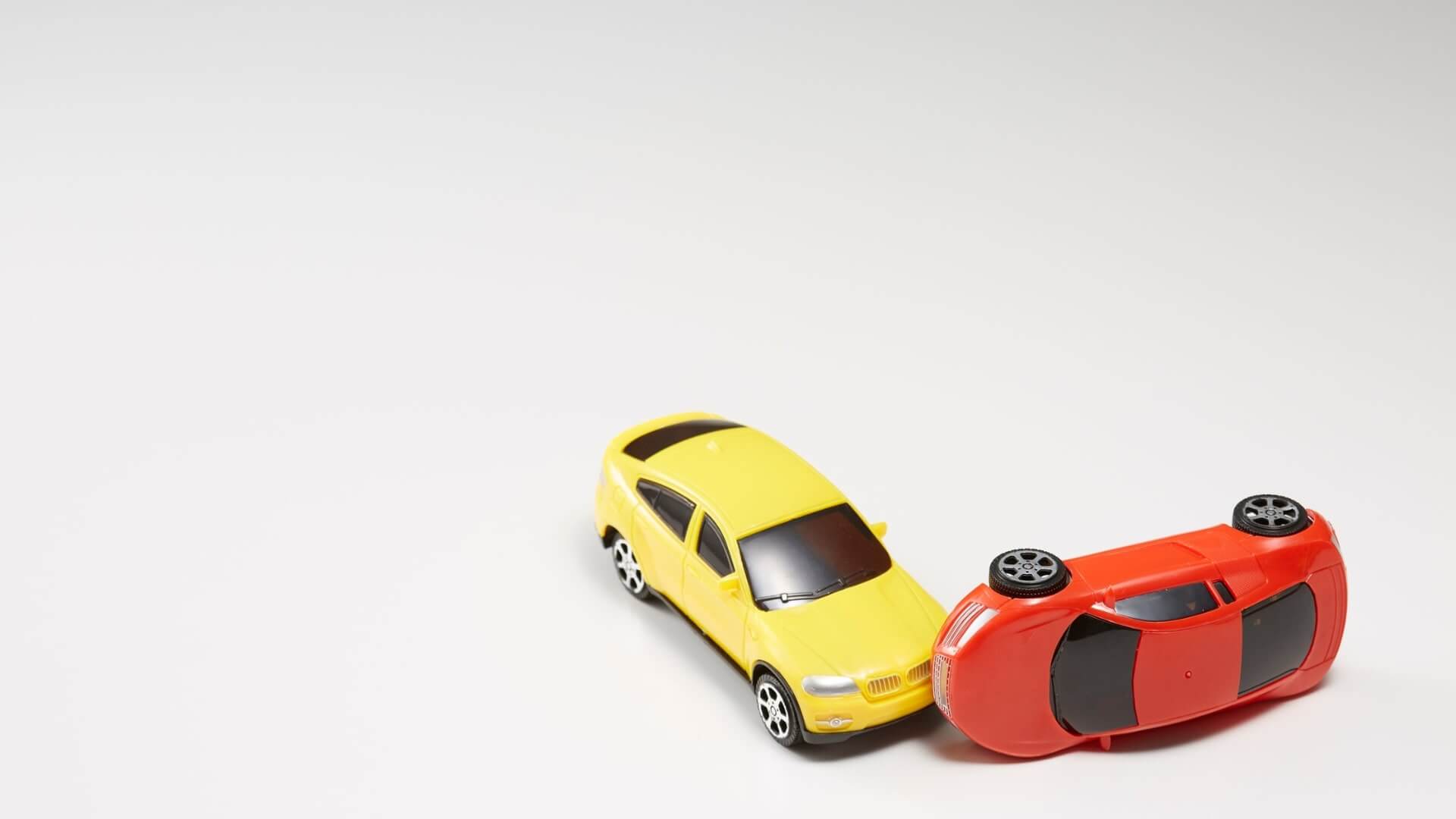
What Happens If You're Partially At Fault in an Accident
After an accident, one of the first worries people often have is: “What if I was partly to blame? Does that mean I can’t recover anything?” read more
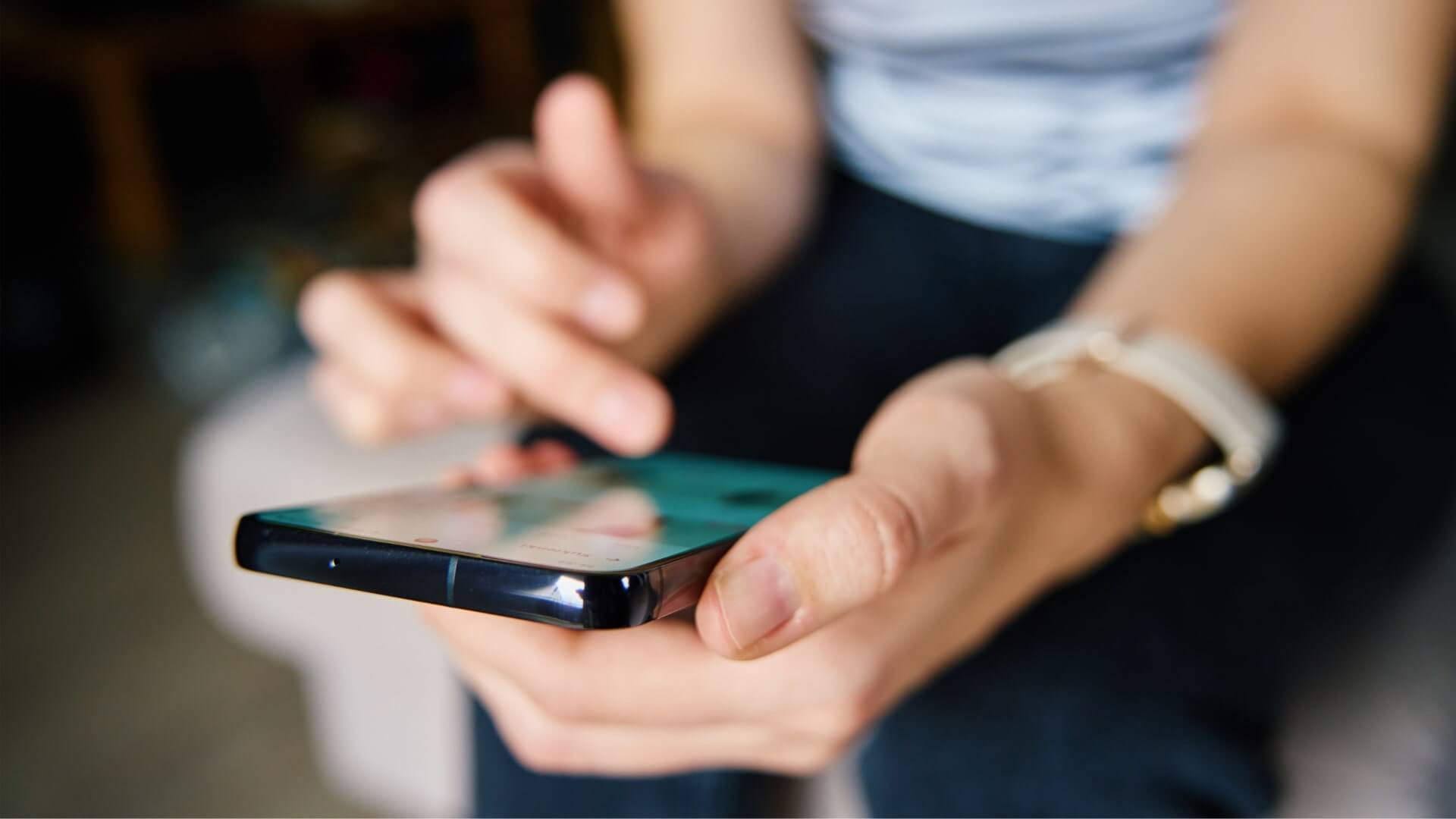
Think Before You Post: How Social Media Can Hurt Your Accident Claim
Sharing accident updates on social media may feel harmless—but insurance companies and defense attorneys can use your posts against you. Learn why posting after an accident is risky and how to protect your personal injury claim. read more
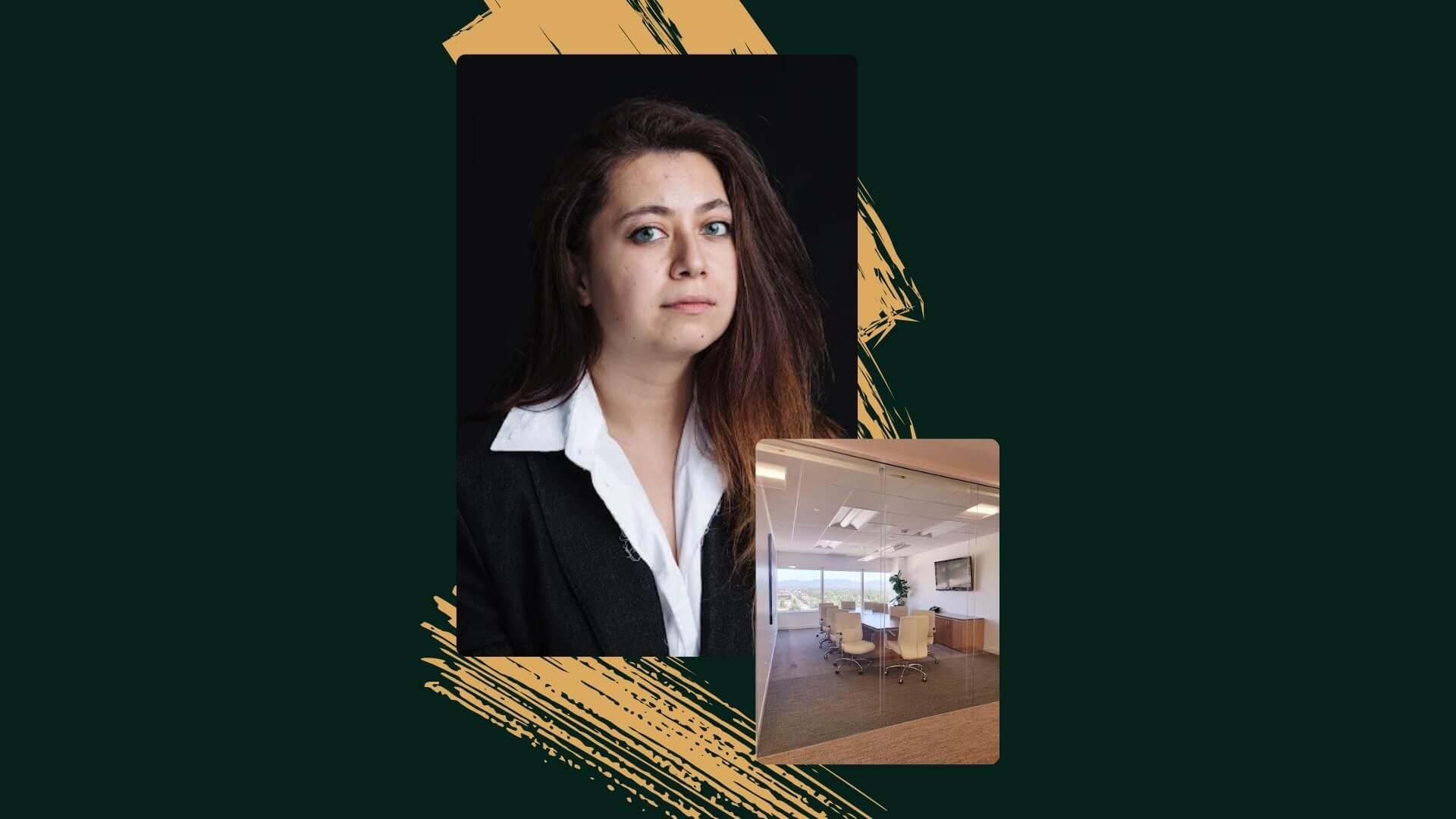
Why Shiganian Law is the Top Personal Injury Firm in Sherman Oaks and Encino
Shiganian Law delivers expert personal injury representation with a proven track record. Led by Isabel Shiganian, we offer personalized service, direct communication, and results-driven advocacy. No fee unless we win. read more
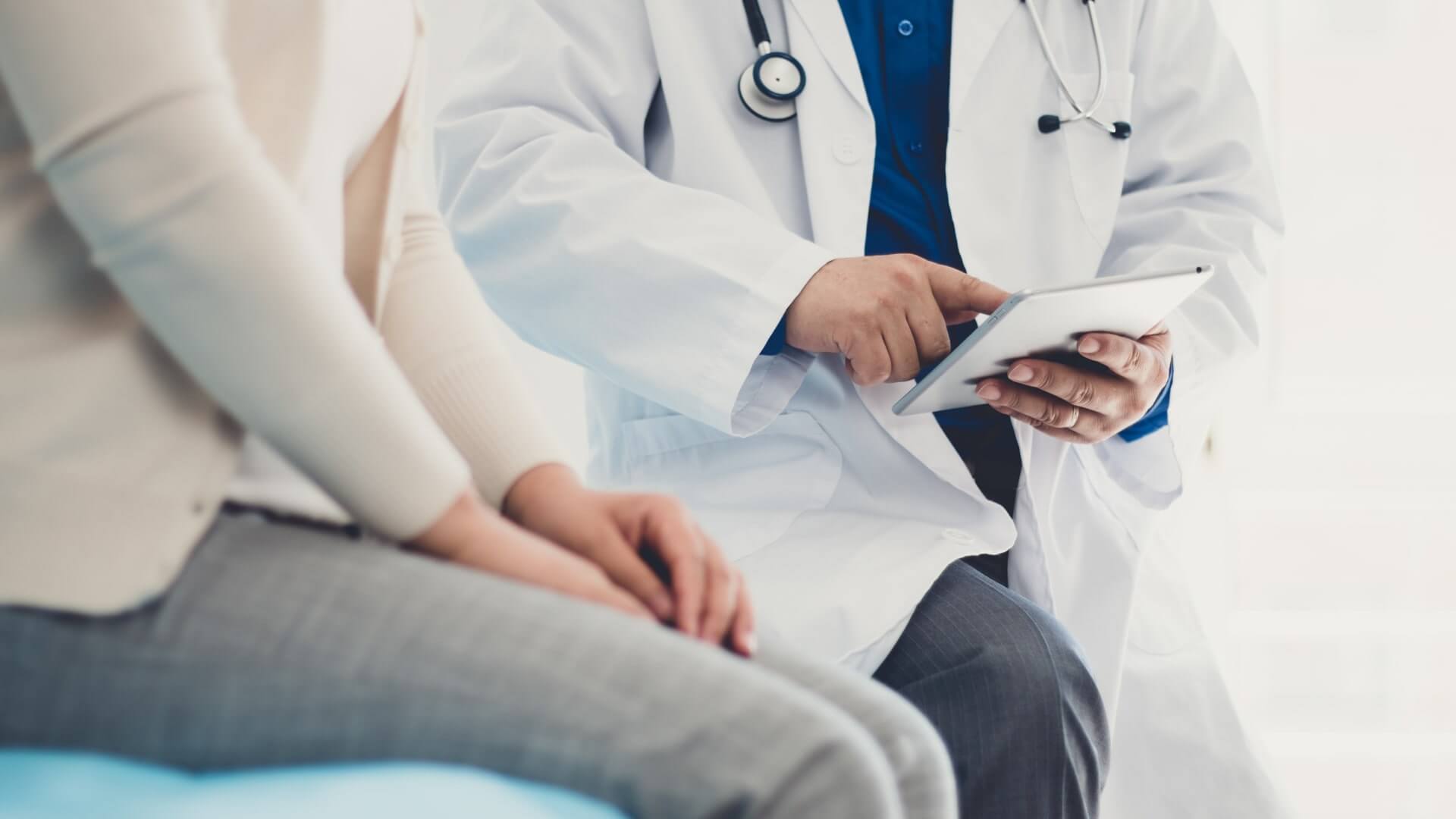
Hidden Injuries That Can Arise After a Car Accident — and What to Do Next
Learn about hidden injuries that can arise after a car accident. Comprehensive guide covering injury types, injury settlements, and steps to take after an accident. read more

How Dashcam Footage Can Completely Change Your Car Accident Claim
Discover how dashcam footage can transform car accident claims by providing clear evidence, resolving disputes, preventing fraud, and expediting insurance settlements. read more

Bitten But Blamed? How Insurance Companies Shift Fault in Dog Bite Claims
Discover how insurance companies shift blame in dog bite claims, the legal protections for victims in California, and steps to defend against unfair accusations. read more
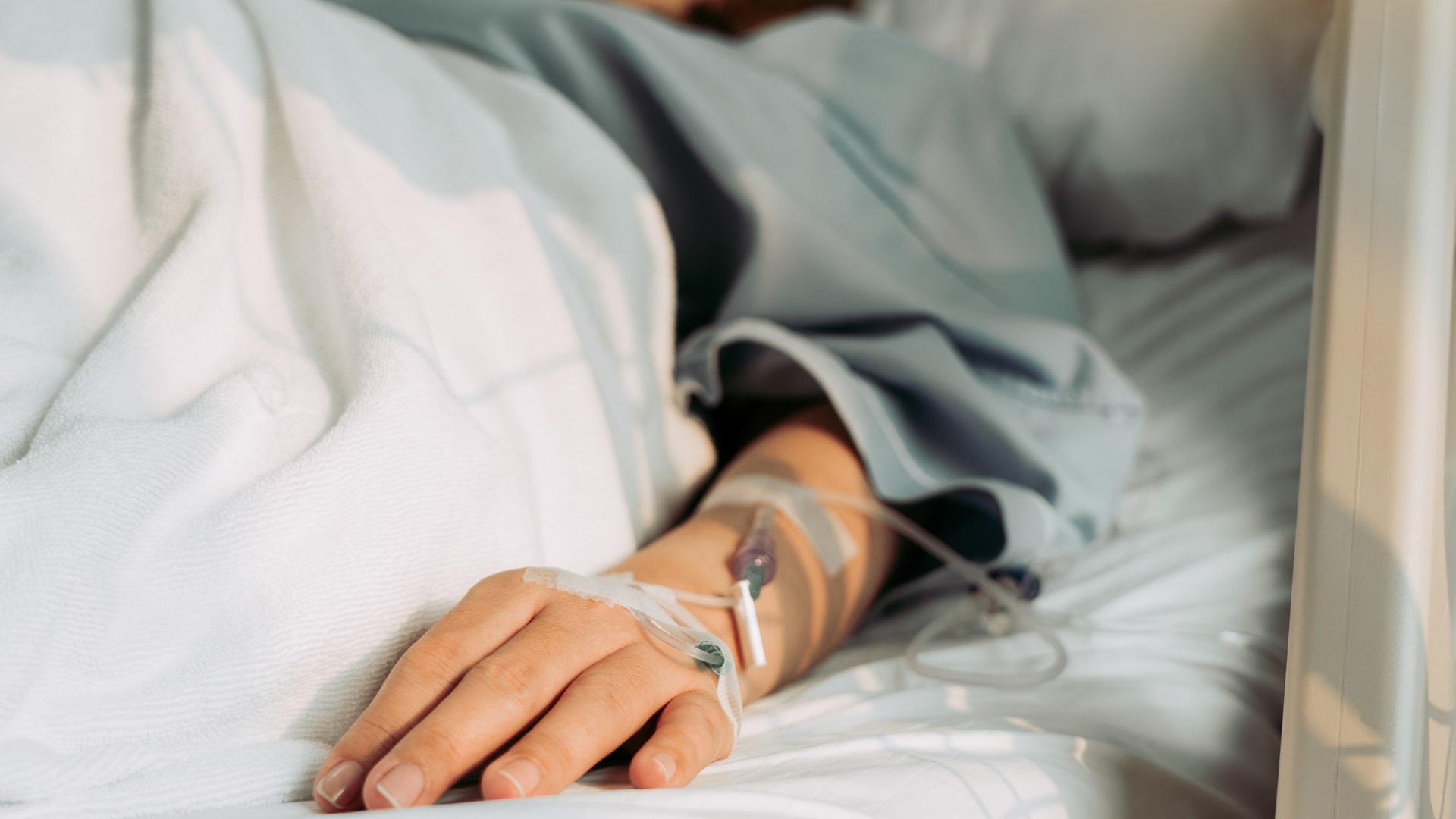
What Is Considered a Catastrophic Injury in Personal Injury Law?
Understand catastrophic injuries in personal injury law - definitions, impacts, causes, and why specialized legal help is crucial for securing proper compensation. read more
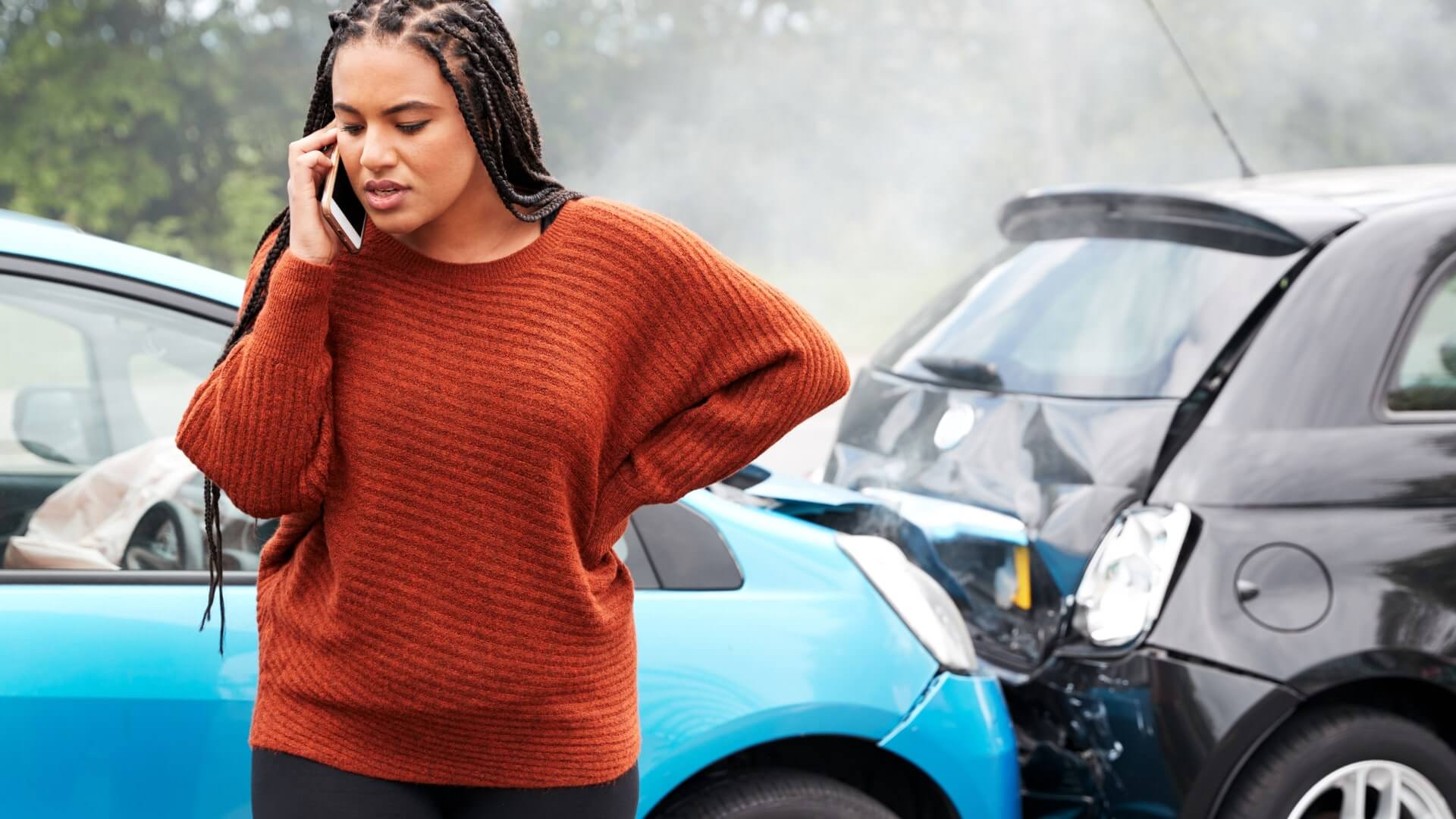
The Biggest Mistakes People Make After an Accident Causing Personal Injury
Discover the critical mistakes people make after injuries that can damage their compensation claims and learn how to avoid these costly errors. read more
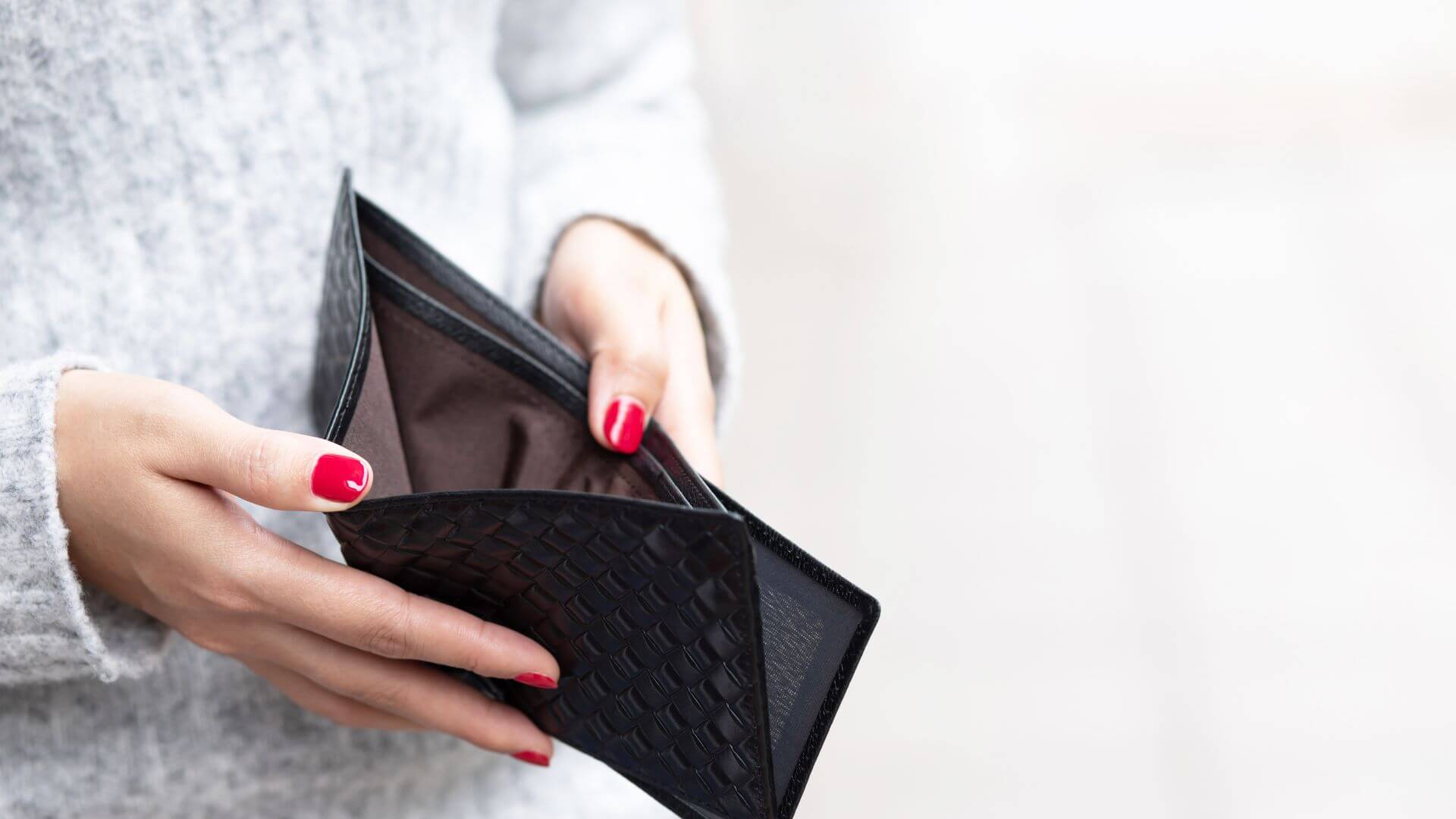
Financial Struggles After Accidents: Recovery & Legal Options
Explore the financial impact of injuries, from medical debt to lost wages. Learn legal options, coping strategies, and support for recovery stability. read more
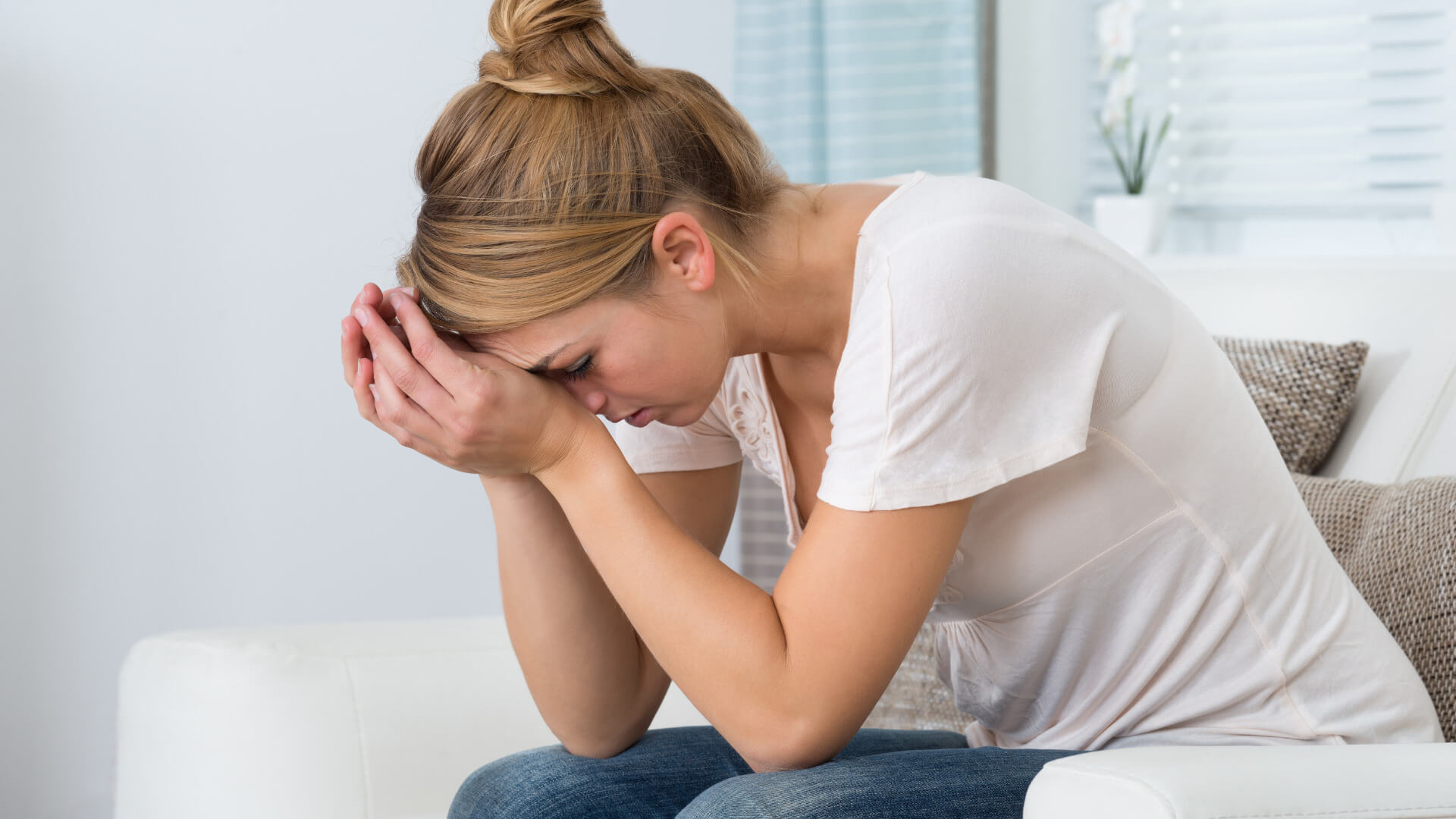
Emotional Trauma After an Accident: Understanding Your Rights and Recovery
Discover how emotional trauma after accidents affects mental health and daily life. Learn about your legal rights and the recovery journey to healing and compensation. read more

Motorcycle Accidents: Types of Injuries, Settlements, and Your Rights
Learn about motorcycle accident causes, safety tips, and legal rights. Comprehensive guide covering injury types, injury settlements, and steps to take after an accident. read more
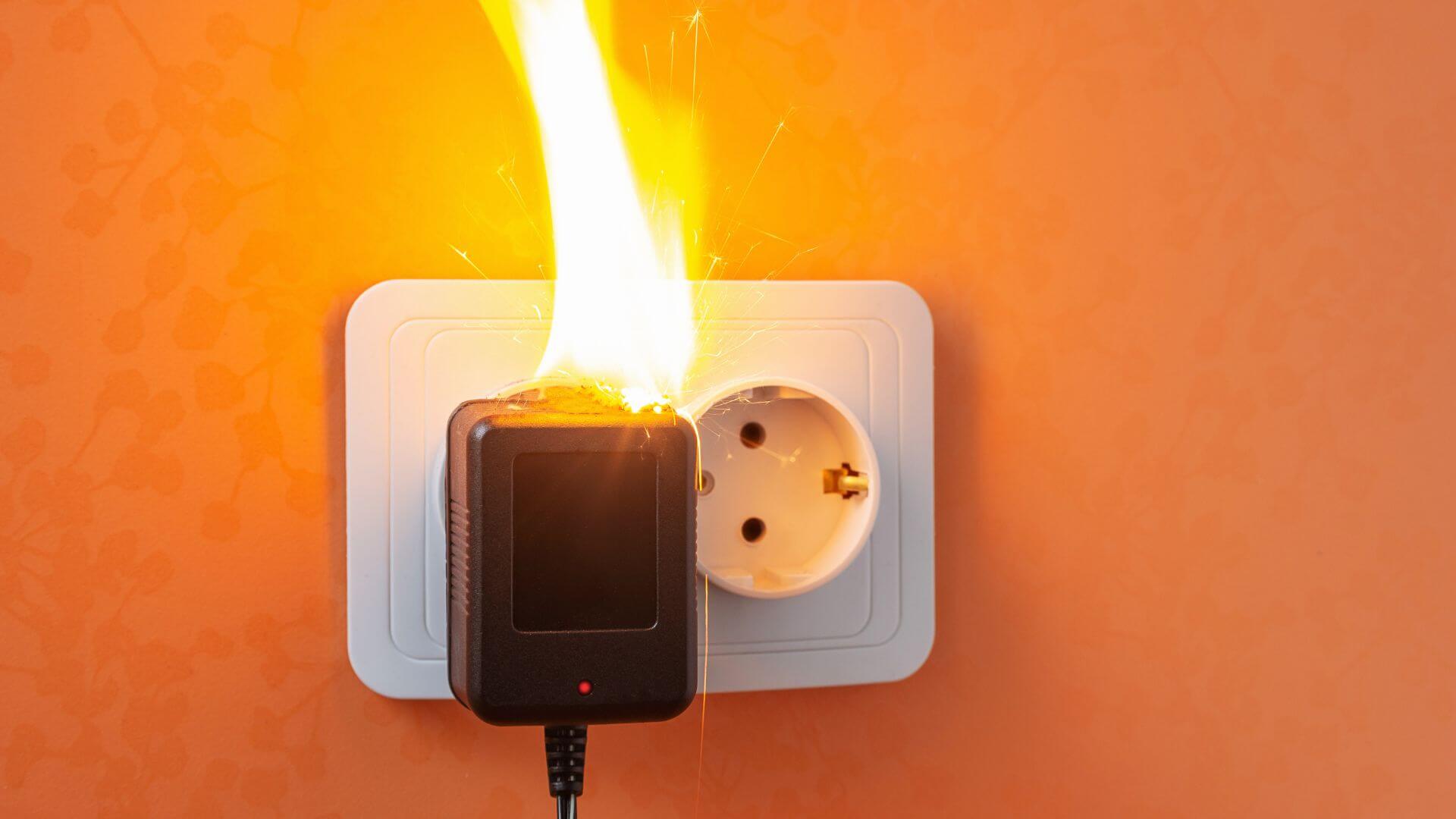
Product Liability in California: Protecting Consumer Rights
Learn about California product liability law, including types of defects, liable parties, and compensation available for injuries caused by defective products. read more
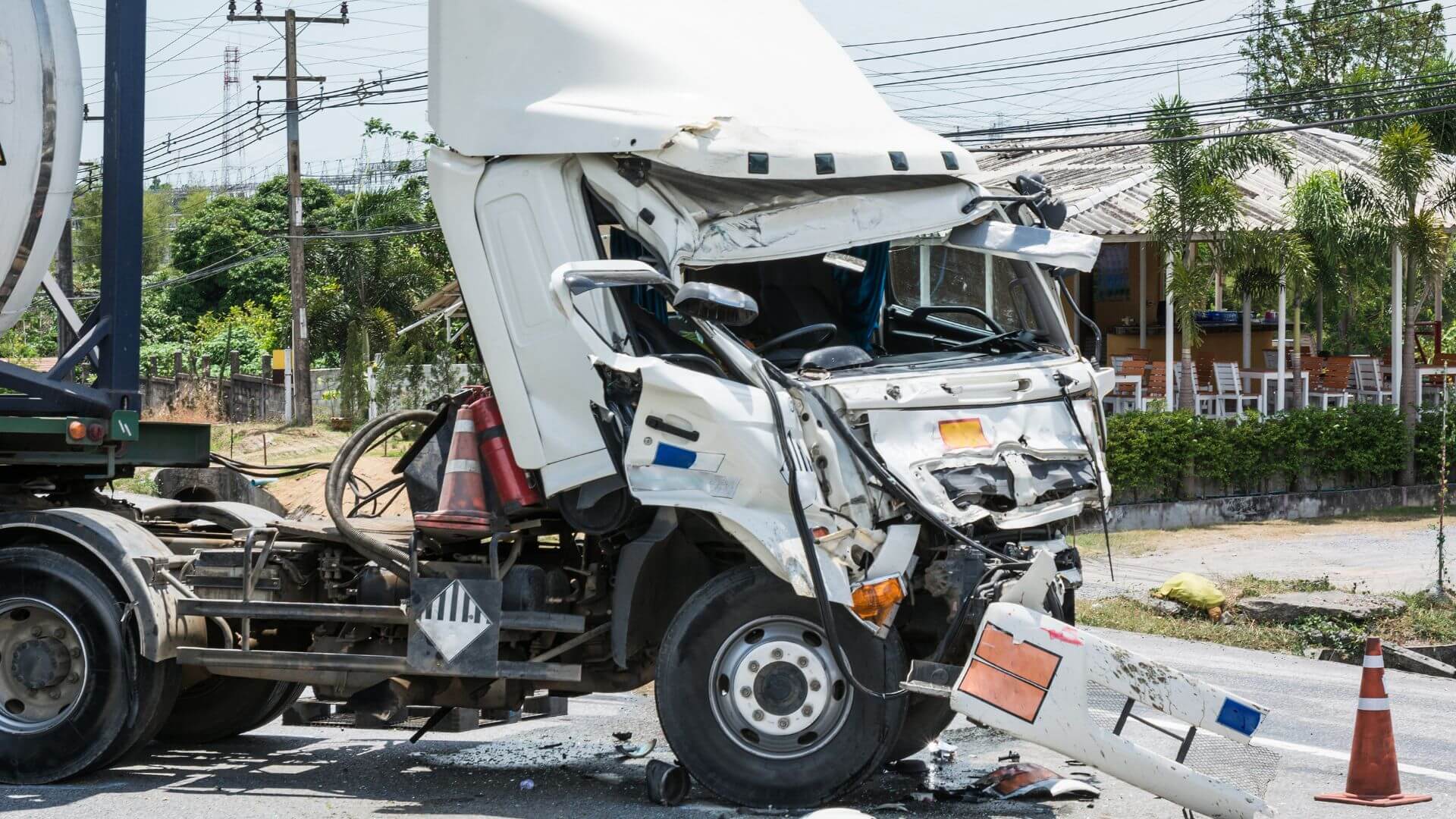
What Does a California Truck Accident Lawyer Do?
Learn how an experienced California truck accident lawyer can help maximize your compensation through expert investigation, evidence preservation, and strategic negotiation. read more
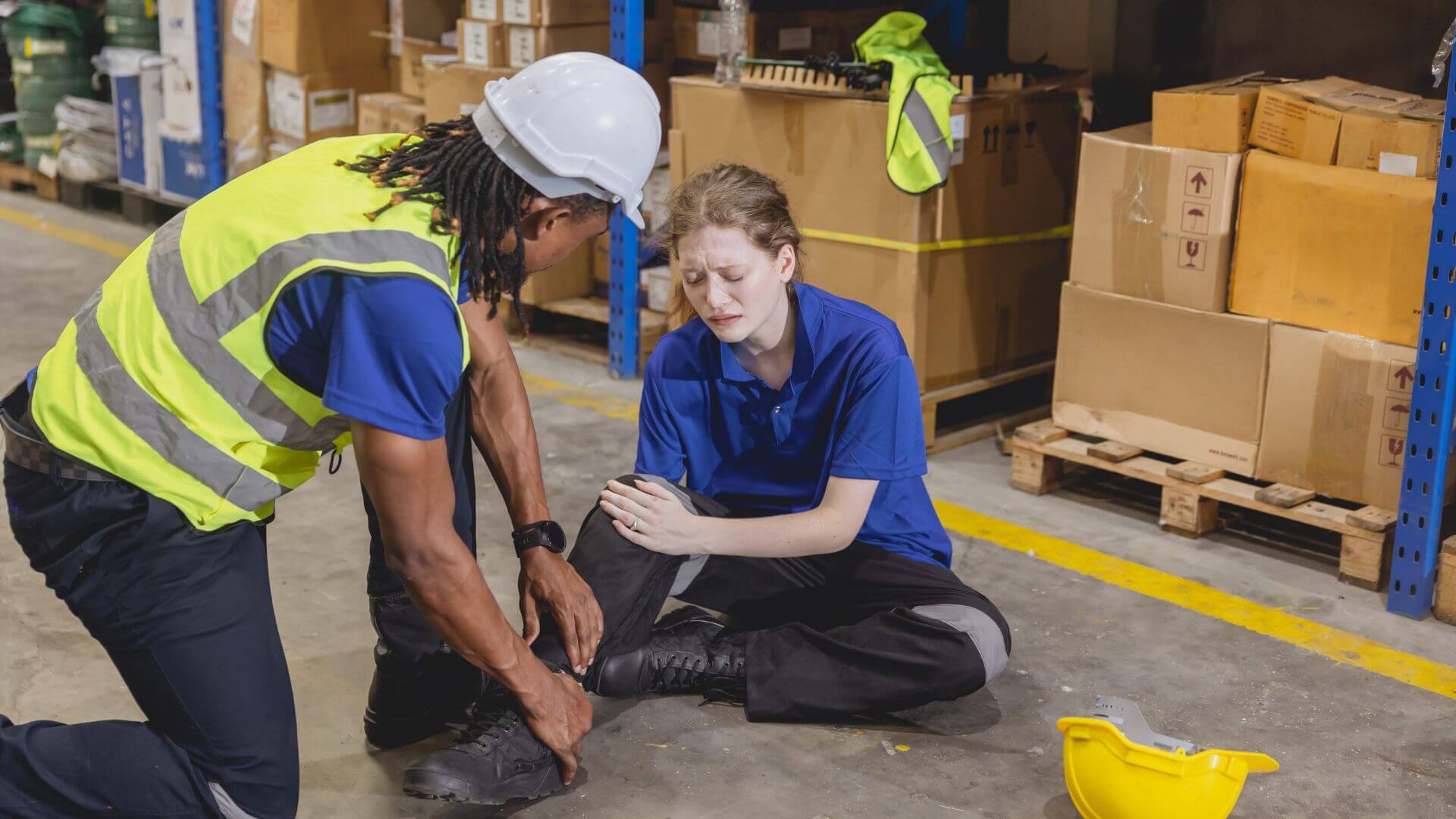
What is Premises Liability Law: Responsibility, Examples, and Common Types
Imagine walking through a quiet shopping center, enjoying a peaceful afternoon, when suddenly a wild Canadian goose darts out, knocking you over and fracturing your hip. It may sound far-fetched... read more
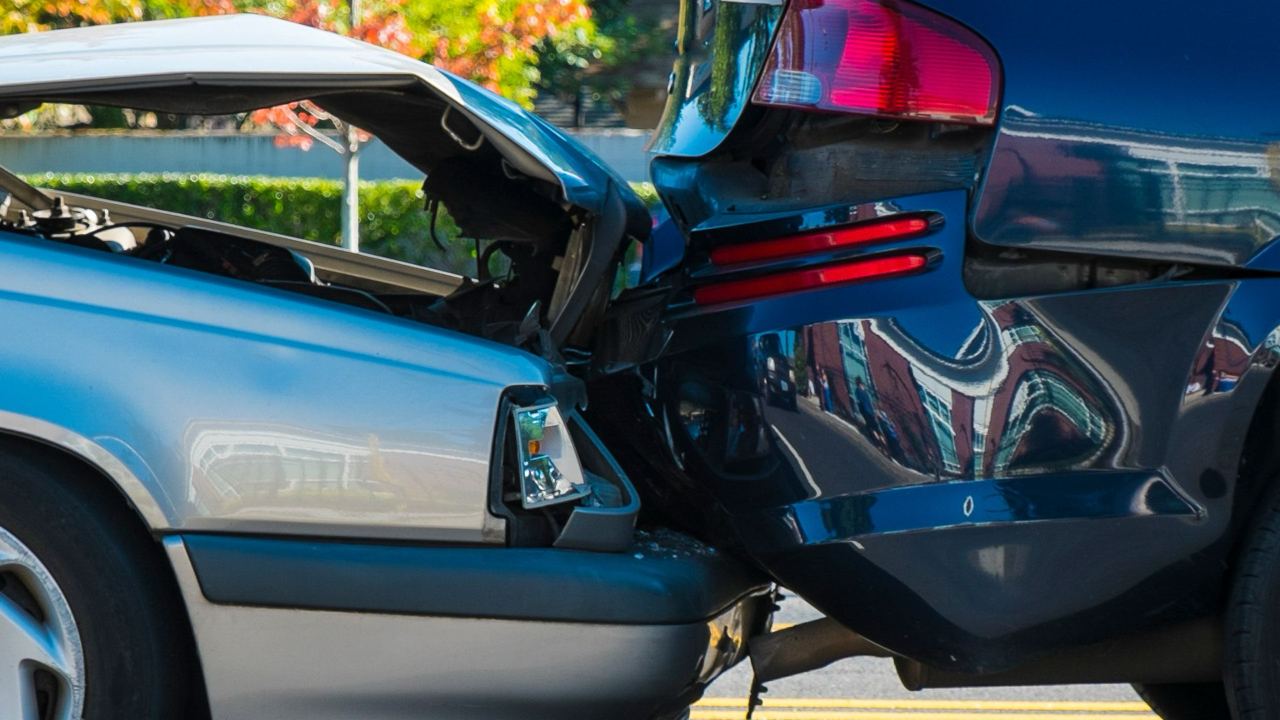
What to Do if You’ve Been in a California Car Accident?
If you’ve been in a car accident, you might be overwhelmed with the experience and what to do next. Your priority is your safety and health, and if you have been injured, getting the support you need to recover. read more
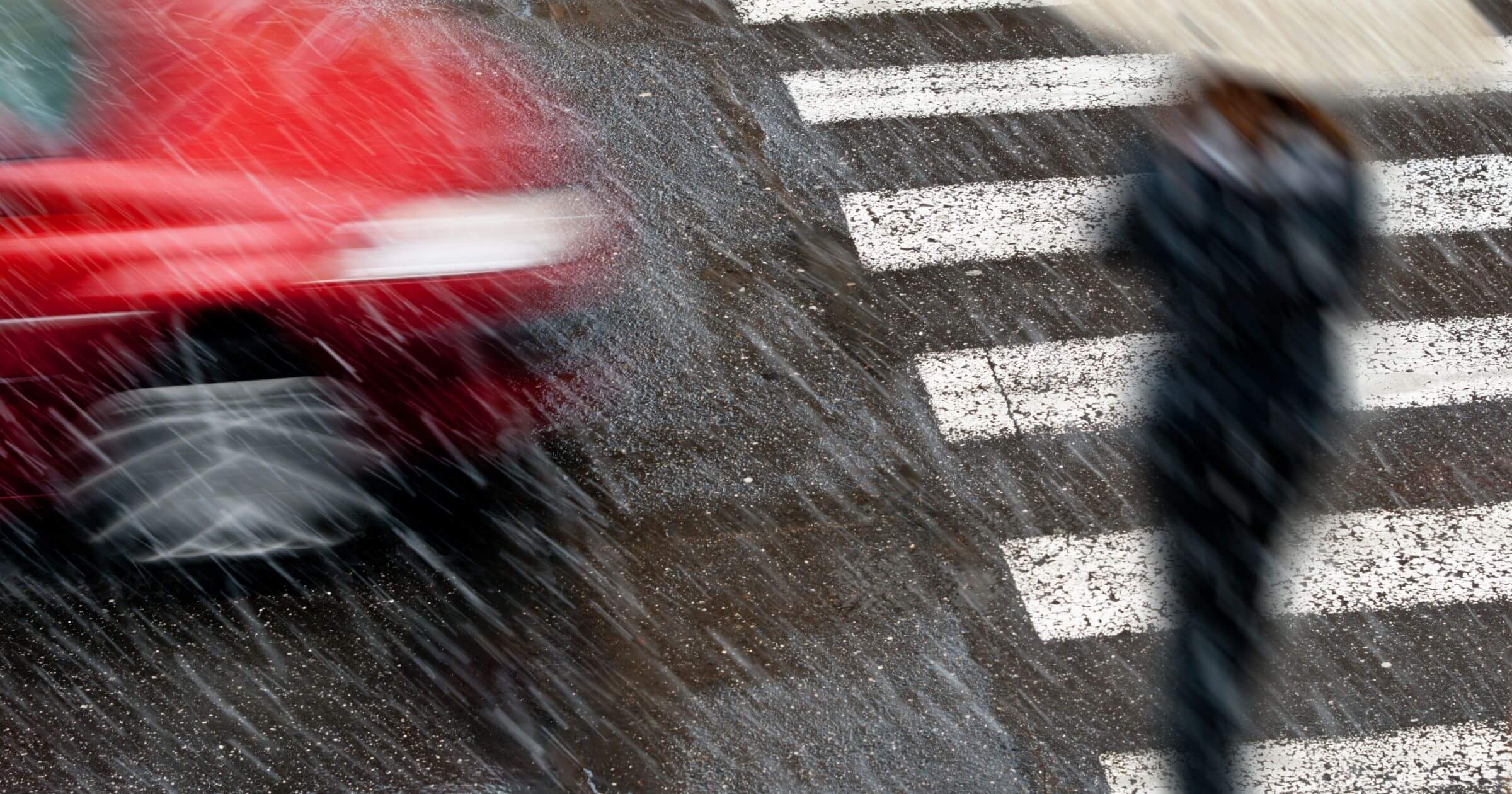
How long does it take to settle a pedestrian accident in California
When estimating the duration of a pedestrian accident settlement, it's important to consider all the factors that can influence the process. read more

California Prop 213 and Its Impact on Car Accidents
Proposition 213 was created in 1996, as a way to encourage motorists to get and maintain insurance. read more

How Much to Expect from a Car Accident Settlement in California
Car accidents are unfortunate events that can result in significant physical injuries and extensive medical treatment. read more